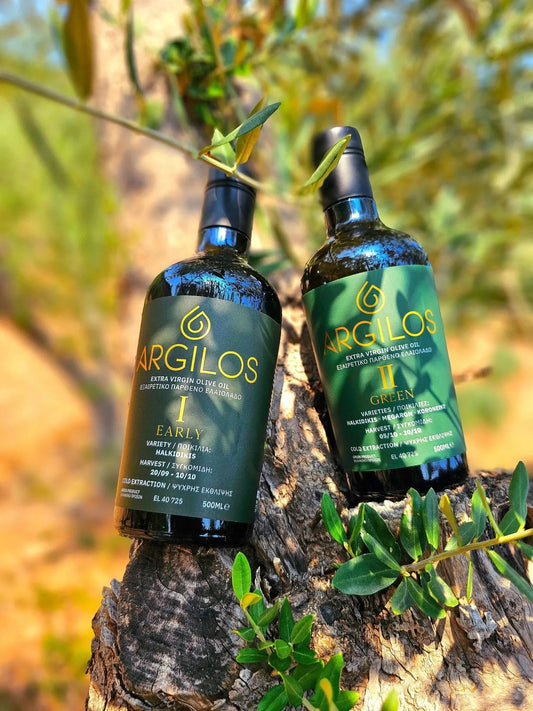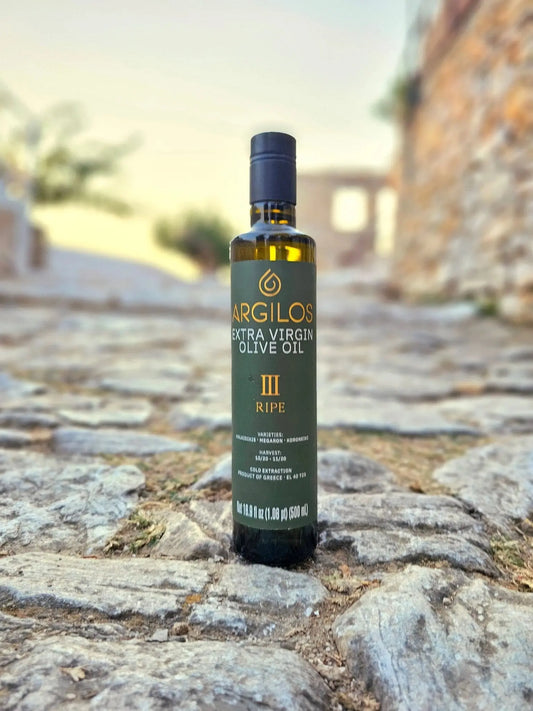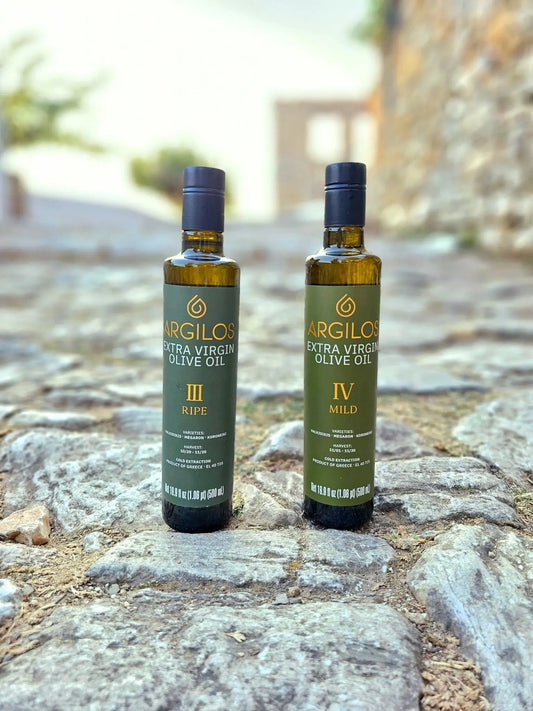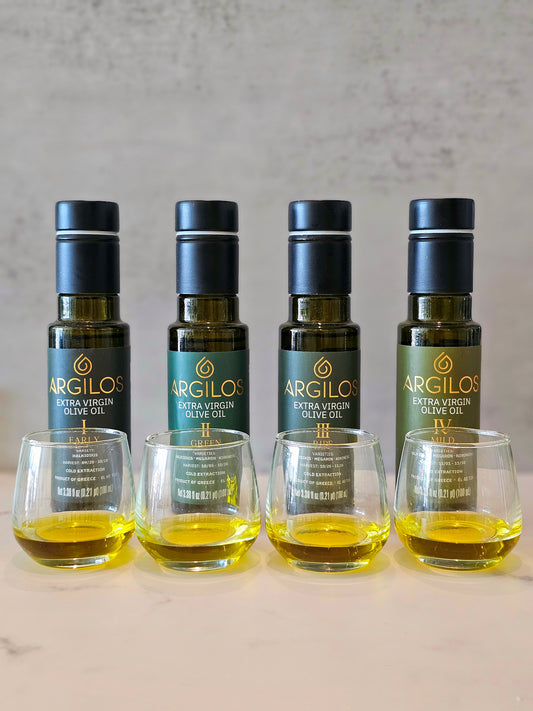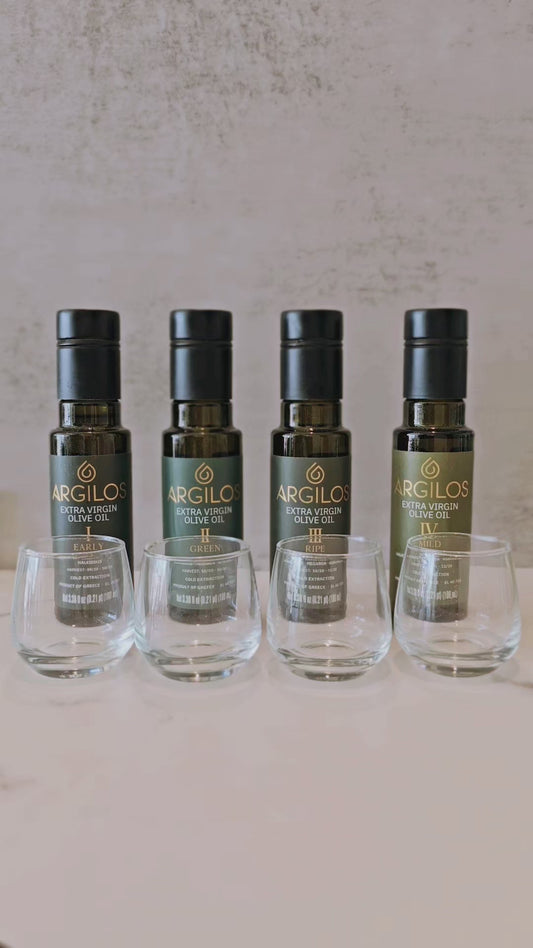Is Olive Oil Keto-Friendly? Guide to Using Olive Oil on a Keto Diet
Share
The olive oil keto diet refers to the strategic integration of olive oil—a plant-based, monounsaturated fat into a ketogenic dietary pattern. A ketogenic (or keto) diet is a high-fat, low-carbohydrate nutritional approach designed to shift the body’s primary fuel source from glucose to ketones, a metabolic state known as ketosis. Olive oil, particularly extra virgin olive oil (EVOO), is widely recognized as a keto-compliant fat due to its zero carbohydrate content, high oleic acid concentration, and rich profile of polyphenols and antioxidants.
Is Olive Oil Keto-Friendly?
Yes, olive oil is absolutely keto-friendly. It is composed almost entirely of fat, with zero grams of carbohydrates, making it an ideal ingredient for individuals following a ketogenic diet. The keto diet is a high-fat, low-carbohydrate eating pattern designed to induce a metabolic state called ketosis, where the body relies on fat for energy instead of glucose.
Olive oil, particularly extra virgin olive oil (EVOO)—is a rich source of monounsaturated fats (MUFAs), primarily oleic acid, which is known for its anti-inflammatory and cardioprotective properties. Because olive oil contains no sugars or starches, it does not raise blood glucose or insulin levels, making it metabolically compatible with ketosis.
Key attributes of olive oil for keto:
- 0g Net Carbs per tablespoon
- 14g of fat, mostly heart-healthy MUFAs
- Rich in polyphenols and antioxidants
- Supports hormonal balance, satiety, and fat metabolism
How to Use Olive Oil on the Keto Diet
Cooking with Olive Oil on Keto
Olive oil is one of the most versatile and flavorful fats for ketogenic cooking. Its high monounsaturated fat content makes it stable for a variety of low-to-moderate heat applications, while also offering nutritional benefits when used raw.
Best Cooking Methods:
- Sautéing: Olive oil works well for sautéing vegetables, eggs, meats, and low-carb stir-fries at moderate temperatures (up to ~375°F / 190°C).
- Roasting: Drizzle extra virgin or pure olive oil over keto-friendly vegetables like zucchini, cauliflower, and Brussels sprouts before oven-roasting.
- Raw Use: Preserve nutrients by using olive oil as a finishing touch. It’s ideal in cold applications like salad dressings, drizzling over cooked meals, or blending into dips and sauces.
Tips to Preserve Nutrients in Extra Virgin Olive Oil (EVOO)
Extra virgin olive oil is mechanically cold-pressed and retains higher levels of polyphenols, vitamin E, and antioxidants. However, it is heat-sensitive compared to refined oils. To maximize its health value:
- Avoid high heat: Do not deep-fry with EVOO or use it for high-temperature grilling
- Cook on medium heat or add at the end of cooking to retain its beneficial compounds
- Use refined olive oil for high-heat tasks like searing or frying, as it has a higher smoke point
Keto Recipes That Use Olive Oil
Olive oil isn’t just functional—it adds richness, flavor, and depth to keto meals. Here are common ways to incorporate it into your low-carb lifestyle:
Keto Salad Dressings
- Mix olive oil with apple cider vinegar, Dijon mustard, lemon juice, and herbs
- Add crushed garlic, sea salt, and a touch of stevia or monk fruit for flavor balance
- Ideal for arugula, kale, spinach, and feta-based keto salads
Keto Mayonnaise (Homemade)
- Blend egg yolk, mustard, lemon juice, and extra virgin olive oil
- Use immersion blender or food processor for an emulsified, creamy texture
- Store in glass jar, refrigerated, for up to 7 days
Keto Fat Bombs
- Combine olive oil with coconut oil, nut butters, or cream cheese
- Add cocoa powder and a keto sweetener for dessert-style fat bombs
- Freeze into bite-sized pieces for quick, high-fat snacks
Frequently Asked Questions About Olive Oil on Keto
1. Does Olive Oil Break a Fast?
No, olive oil does not break a fast in the traditional sense—especially if your fasting goals are metabolic (such as fat-burning or blood sugar control). Since olive oil contains zero carbohydrates and no protein, it does not stimulate insulin or glucose response. However, it does contain calories (about 120 kcal per tablespoon), so while it may disrupt a caloric fast, it will not interfere with intermittent fasting for ketosis or autophagy if consumed in small quantities (e.g., in bulletproof coffee or as a supplement).
2. How Much Olive Oil Can You Have on Keto?
The amount of olive oil you can consume on keto depends on your personal macronutrient targets and daily caloric needs. Most people on a ketogenic diet aim to get 70–80% of their daily calories from fat, and olive oil is an efficient way to meet those goals.
One tablespoon of olive oil provides approximately:
- 14 grams of fat
- 0 grams of carbs
- ~120 calories
A typical keto-friendly intake might include 2–4 tablespoons per day, used across cooking, dressings, and recipes. However, excessive intake may lead to excess calories, which can hinder fat loss.
3. Is Olive Oil Better Than Butter on Keto?
Olive oil and butter both have places in a ketogenic diet, but they offer different nutritional benefits:
- Olive oil is rich in monounsaturated fats, especially oleic acid, and contains antioxidants like polyphenols and vitamin E. It is considered heart-healthy and anti-inflammatory.
- Butter is high in saturated fats (particularly butyric acid), and contains vitamin A and CLA, which may support gut health and immunity.
From a cardiovascular and anti-inflammatory standpoint, olive oil is the better long-term choice, especially extra virgin olive oil (EVOO). Butter, however, can be used in moderation for flavor and variety.
4. Can I Fry with Olive Oil on Keto?
Yes, you can fry with olive oil on keto—but it depends on the type of olive oil and the cooking temperature:
- Extra virgin olive oil (EVOO) has a moderate smoke point (~375°F / 190°C). It’s fine for sautéing and light pan-frying, but not suitable for high-heat deep-frying.
- Refined olive oil has a higher smoke point (~465°F / 240°C), making it safer for high-heat frying without degrading its fat structure.
Always avoid overheating olive oil to preserve its fat integrity and antioxidant properties.


